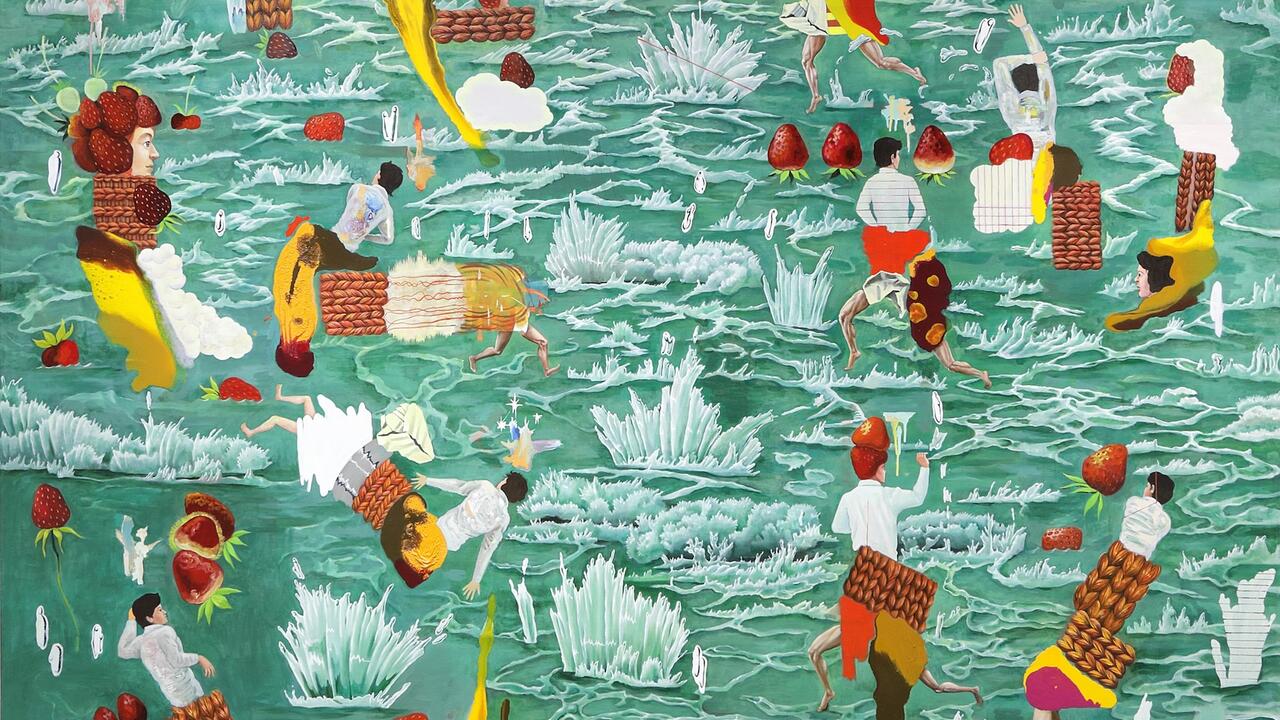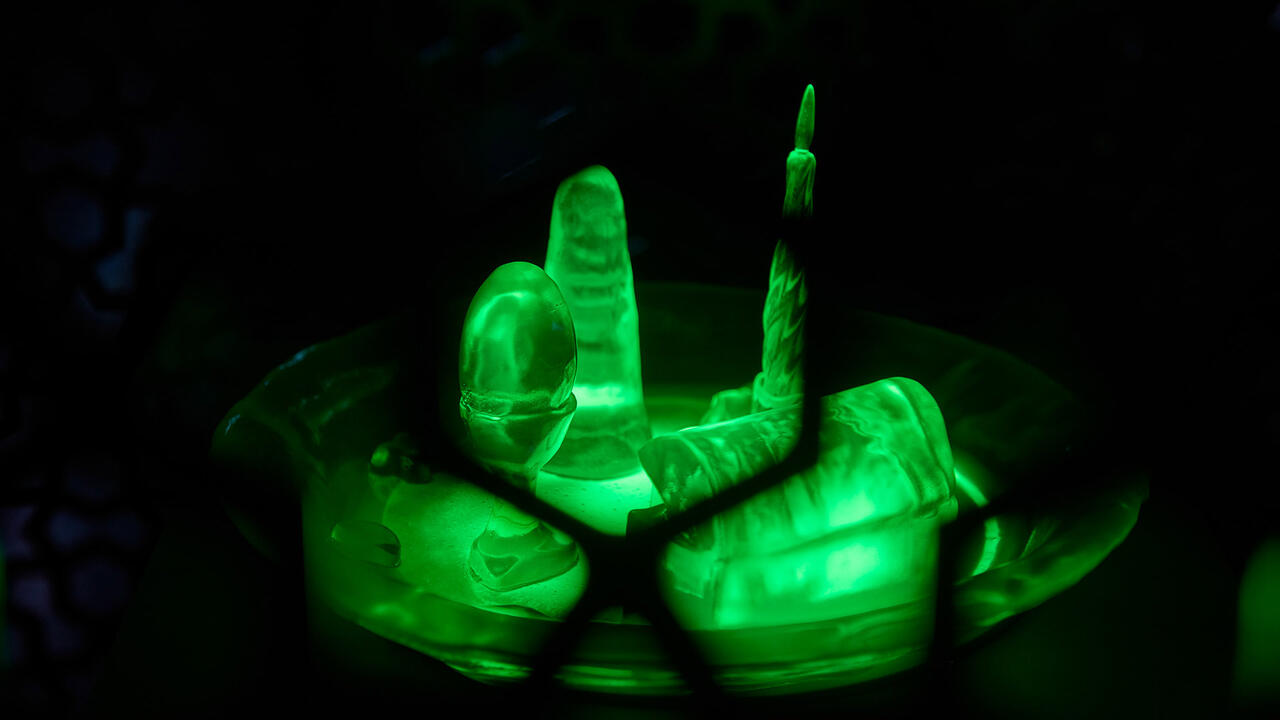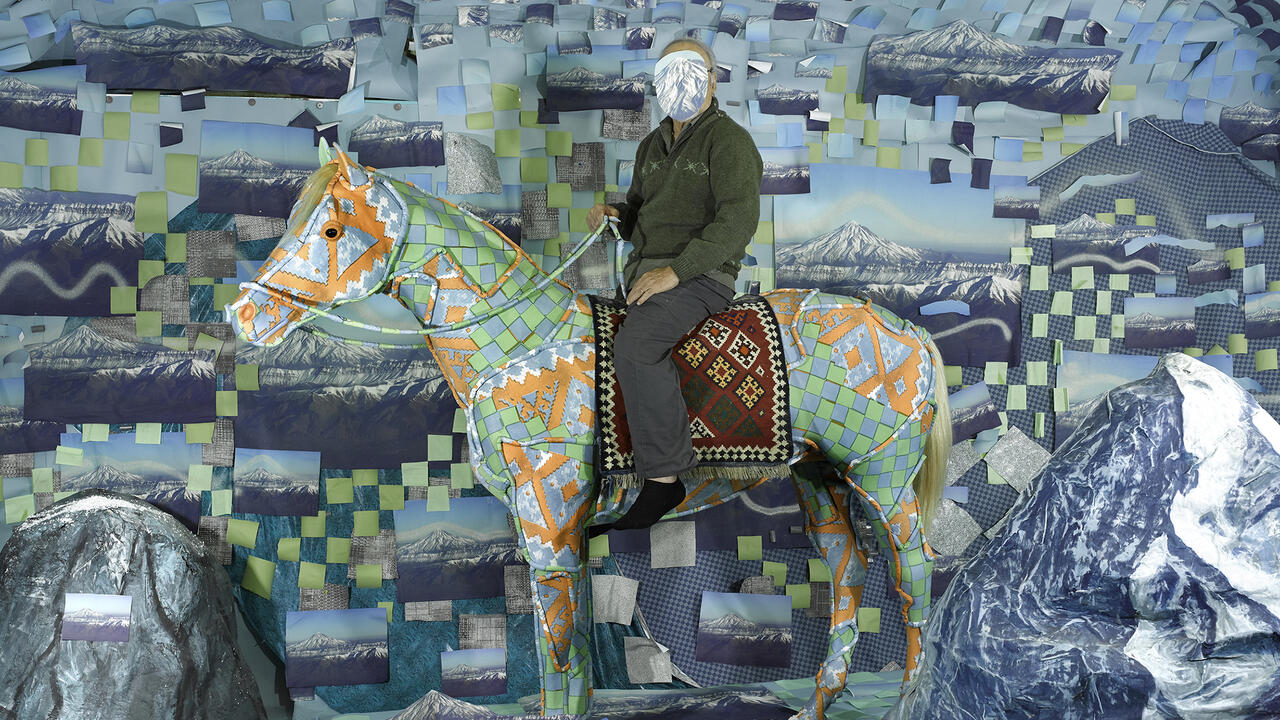Nerdvana
Totalitarianism without tears
Totalitarianism without tears
It will be out in a few weeks but already I'm imagining the blithe yet sardonic tone of the trade magazine ads - strap lines like 'Look who's playing god now!' with a picture of a six year-old at a computer with a lot of 'cool' props positioned on the desk. Or, 'It's your world - they only live in it', accompanied by any stock photo of a lot of people. A more effective campaign would probably be along the lines of the way disaster movies are sold - 'Civilisations will fall'. In any case, by the time you read this it will already have happened. Perhaps your world will have changed, or perhaps everything will be the same as it was before the big comet, otherwise known as The Sims, has struck. It's not a question of fashion. The Sim games, starting with Sim City (1987) have sold roughly eight million copies. On a yearly basis, that probably means none of the Sim games (Sim Ant, Sim City 2000, Sim Earth...) were chart toppers. Rather, they are more like a virus gaining control over users' hard drives one by one, passed on through casual contact. They must be stopped.
The Sim games are admittedly addictive and ostensibly enlightening. Rather like having an aquarium, controlling your own little world is considered a healthy pastime. That doesn't mean that there isn't some kid in Colorado who enjoys watching six fish feed off the rotting carcass of another. But suppose the aquarium was roughly the size of your computer and instead of aquatic life you had some people. In these times of Dolly the sheep and genetically engineered food, the differences between imagination and reality are distinctly blurred. We're now experiencing a sense of future shock analogous to the 50s in terms of the volume of hysteria, but what is unique to the present is the fact that the future which shocks us will become reality in a matter of months. What a rush.
Will Wright, the creator of the Sim games, looks like a nondescript programmer geek. 20 years ago, to even call someone a geek was to display a bully-at-the-beach-kicking-sand-in-the-98-pound-weakling's-face sort of attitude. How times have changed. Wright, in a recent photo in the New York Times Magazine, looks smug. Geeky but smug. The balance of power throughout the world has shifted and we live in an age of geek supremacy. Time magazine selected Wright as one of the Digital Top 50, and on The Sims website (www.thesims.com) you are admonished to vote Wright in as number one if you want to see him unseat Bill Gates as 'coolest digital dude'. There is something very Lord of the Flies about this sim-plistic code of values. In the original Sim City, if you raised taxes people would leave your city and it would start to decline. Lowering taxes provoked the opposite effect. There was never a mention of whether or not raising the taxes, reducing the working week by ten percent, having wine at every meal and being able to smoke pretty much wherever you wanted would make your city happier. Wright's world is all about a set of very prescribed values. The real choice in these games, and the narrative structure that their frameworks imply, is one between a conservative, anti-humanist, anti-green, type of democratic Capitalist Nirvana or utter Fascism.
Consider Sim Ant. The most potent threat to your fragile ant colony is not pesticides or human beings but a competing colony of red (of course red!) ants. Is this an accurate representation of an ant-infested backyard in Southern California? No. Do I need it to be accurate to waste hours on end playing the game? No. Does this distortion mean something? Yup. So while I'm frittering away hours on The Sims as I wait for the end of the millennium, I just want to pause and reflect on the knowledge that I will be playing it regardless of the fact that I know it presents a set of values that repulse me. I know it plays into a fantasy of hyper-consumerism ('Buy hot tubs, swimming pools, lava lamps, pool tables and giant screen TVs - over 150 different objects to furnish your homes and keep your Sims happy!'), that it focuses goals and preternatural desires around a nuclear family ('Hey, where did that baby come from? All they did was kiss!') and that it will aesthetically bore me to tears by presenting a series of choices I find ultimately uninteresting ('Download new objects and character skins!').
Despite it all, I like the weirdness of holding a warped mirror up to the world and always seeing the reflection of an omnipotent geek, one tear rolling down his cheek and eyes as hollow and black as an empty CRT screen. The difference between an aquarium and the ocean, let's say, will always be the difference between a virtual model and the ensuing reality. One fascinating by-product of the digital age is the empowerment of marginal groups. In terms of politics, that means we now worry about the newly discovered organisational potential of Doomsday cults and Neo-Nazi groups in the cyber age. In terms of sexuality, many agony columnists have become web portals, letting people know that, no matter how freakish their inclinations, they can find like-minded others in a chat room somewhere. This lack of acknowledgement is the irony behind Wright's Sim worlds. What is going to happen to the property values of your bachelor pad when one neighbour decides he's a Neo-Nazi and the Asian-American astronaut who moved across the street has a foot fetish that can only be sated by redheaded teenage boy dominatrices? Will the Sims allow for these possibilities or will the community prosper only by following Wright's time-proven, hyper-conservative Americanist values? Like all the games he has designed, the promise of being able to work out the world in virtual mode seems enticing, but when the game designer does not hold purely humanist values we become enveloped in playing a game we have no respect for. Yet we do it anyway. And this is why the Sim games have succeeded thus far, and in this regard it is all too much like real life. The future seems very much like the past, but dressed up in the seductive cyber accoutrements of the present, like an anime wolf in an analogue sheep's clothing.

















